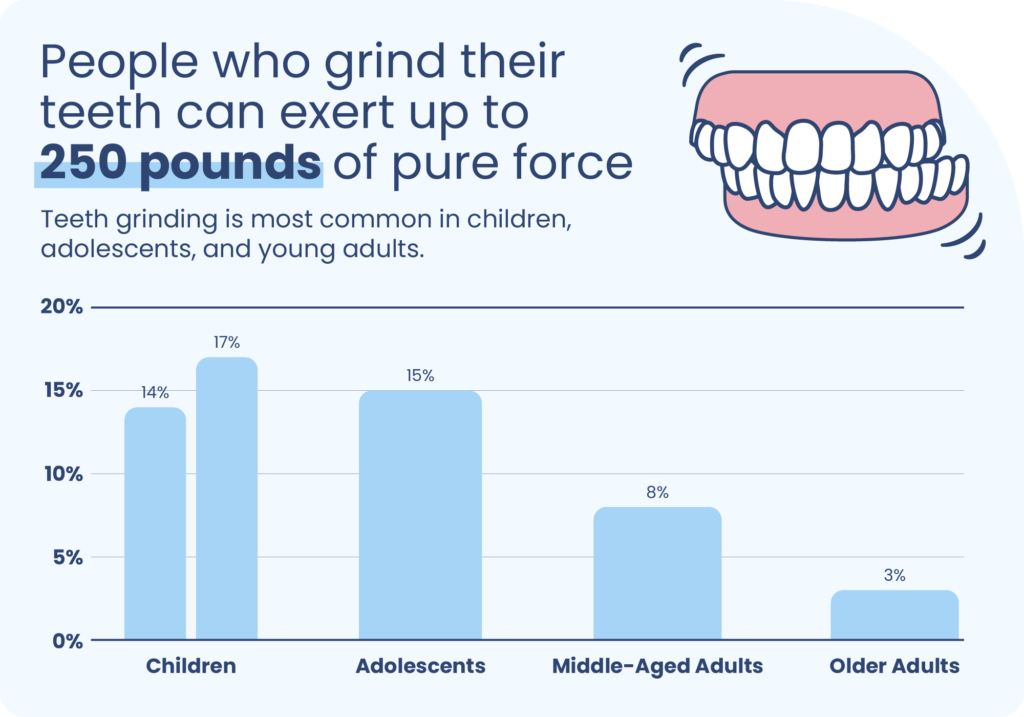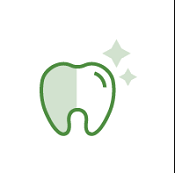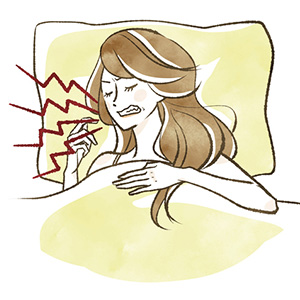Introduction
Are you tired of waking up with a sore jaw or a headache? If so, you may be suffering from bruxism, a condition characterized by teeth grinding or clenching during sleep. Bruxism can not only disrupt your sleep but also lead to dental problems and discomfort throughout the day. Fortunately, there are several tips and techniques that can help reduce bruxism and improve the quality of your sleep. In this blog post, we will explore some effective strategies to help you achieve a better night’s sleep by managing bruxism.
Understanding Bruxism

Bruxism, commonly known as teeth grinding, is a condition that affects many individuals during sleep. It involves the involuntary clenching, grinding, or gnashing of teeth. Bruxism can lead to various dental problems, including tooth damage, jaw pain, headaches, and disrupted sleep. If you’re struggling with bruxism, here are some tips to help you reduce it and achieve a better night’s sleep.
1. Identify the Triggers
Start by identifying the triggers that may be causing your bruxism. Stress, anxiety, and certain medications can contribute to teeth grinding. Keep a journal to track your daily activities, emotions, and any potential triggers that coincide with episodes of bruxism. This will help you pinpoint the underlying causes and take appropriate measures to address them.
2. Practice Stress Management
Since stress is a common trigger for bruxism, it’s crucial to find effective ways to manage it. Engage in relaxation techniques such as deep breathing exercises, meditation, or yoga. Create a bedtime routine that promotes relaxation, such as taking a warm bath or reading a book. By reducing stress levels, you can minimize the likelihood of teeth grinding during sleep.
3. Avoid Stimulants
Stimulants like caffeine and nicotine can exacerbate bruxism. Limit your intake of coffee, tea, energy drinks, and cigarettes, especially in the evening. These substances can interfere with your ability to relax and increase the chances of teeth grinding. Opt for herbal teas or decaffeinated alternatives instead.
4. Use a Mouthguard
A custom-fitted mouthguard can be highly effective in reducing the impact of bruxism. It acts as a protective barrier between your upper and lower teeth, preventing them from grinding against each other. Consult your dentist to get a mouthguard that fits your mouth perfectly. Wearing it during sleep can help alleviate the symptoms of bruxism and protect your teeth from damage.
5. Maintain a Consistent Sleep Schedule
Establishing a regular sleep schedule can significantly improve your sleep quality and reduce bruxism episodes.
Summary
Bruxism, the habit of grinding or clenching teeth during sleep, can have a negative impact on your overall well-being. To address this issue and improve your sleep quality, it is essential to adopt certain practices. This blog post will provide you with valuable tips and techniques to reduce bruxism and enjoy a better night’ useful link s sleep. By implementing these strategies, you can alleviate the discomfort associated with bruxism and wake up feeling refreshed and rejuvenated.
- Q: What is bruxism?
- A: Bruxism is the medical term for teeth grinding or jaw clenching during sleep.
- Q: How can I reduce bruxism for a better night’s sleep?
- A: Here are some tips to reduce bruxism:
- Avoid consuming caffeine and alcohol before bedtime.
- Practice stress-reducing techniques, such as meditation or deep breathing exercises.
- Use a mouthguard or splint recommended by your dentist.
- Ensure your sleeping environment is comfortable and conducive to relaxation.
- Try to maintain a consistent sleep schedule.
- Q: Can certain lifestyle changes help with bruxism?
- A: Yes, making certain lifestyle changes can help reduce bruxism:
- Avoid chewing on non-food items like pens or pencils.
- Avoid excessive alcohol and tobacco consumption.
- Engage in regular exercise to reduce stress and promote better sleep.
- Limit or avoid foods that are difficult to chew, especially before bedtime.
- Q: Are there any relaxation techniques that can help with bruxism?
- A: Yes, practicing relaxation techniques can be beneficial:
- Try progressive muscle relaxation, where you tense and relax each muscle group in your body.
- Listen to calming music or use white noise machines to create a soothing sleep environment.
- Take a warm bath or shower before bedtime to relax your muscles.
- Consider incorporating yoga or stretching exercises into your daily routine.
- Q: When should I consult a healthcare professional about my bruxism?
- A: It is advisable to consult a healthcare professional if:
- Your bruxism is causing severe pain or discomfort.
- Your teeth are becoming worn, damaged, or sensitive.
- Your

Welcome to my website! My name is Jonathan Northcote, and I am a dedicated and experienced Dental Technician specializing in Dental Beautification, Wisdom Tooth Extraction, and Teeth Grinding Solutions. With a passion for creating beautiful smiles and improving oral health, I am committed to providing exceptional dental care and solutions to my patients.

